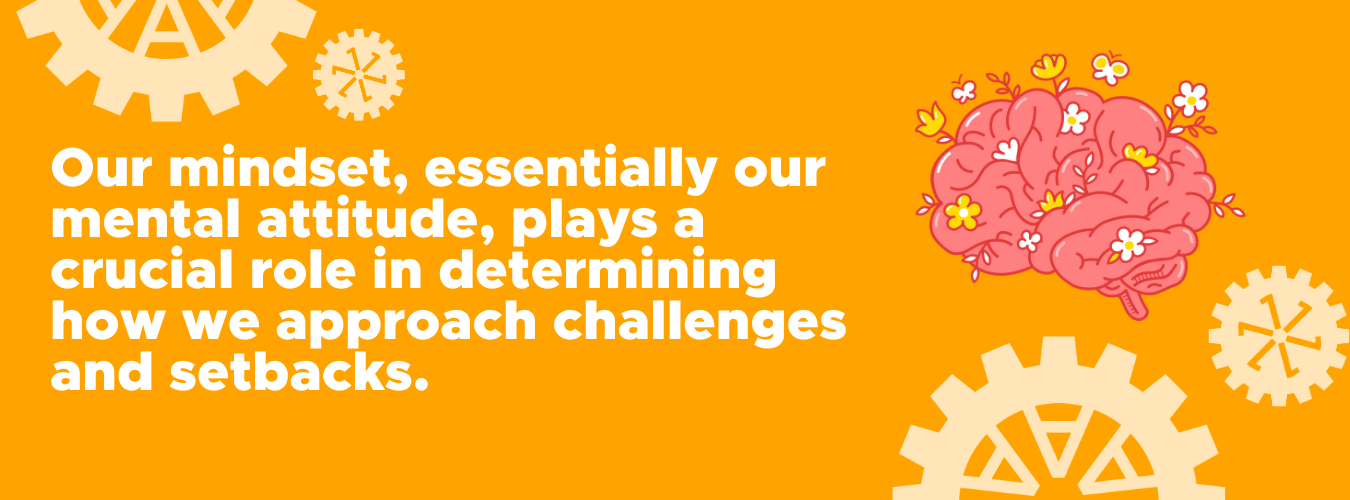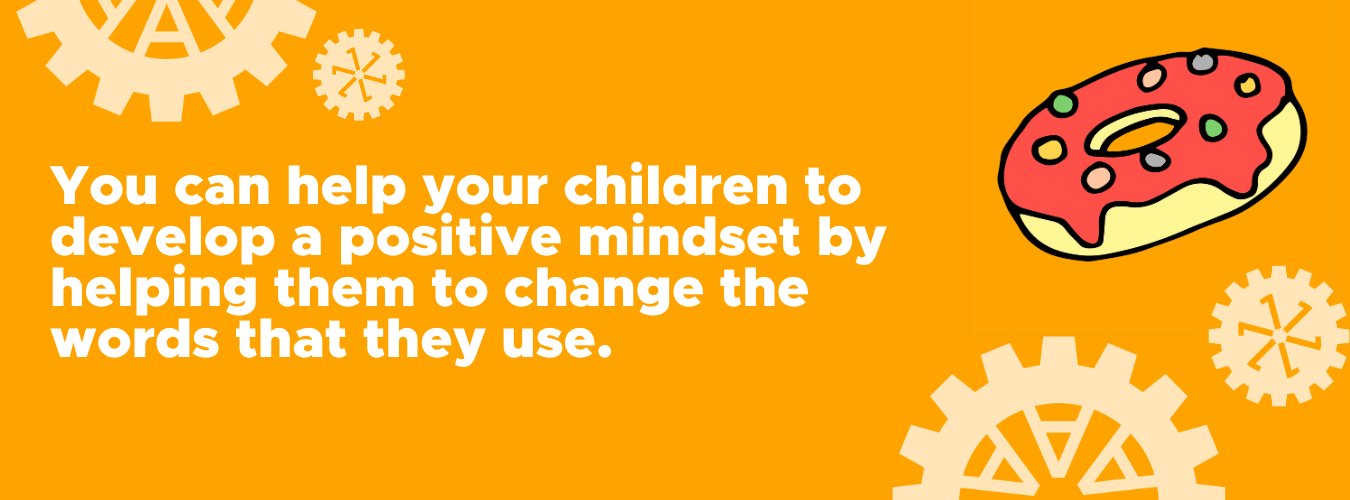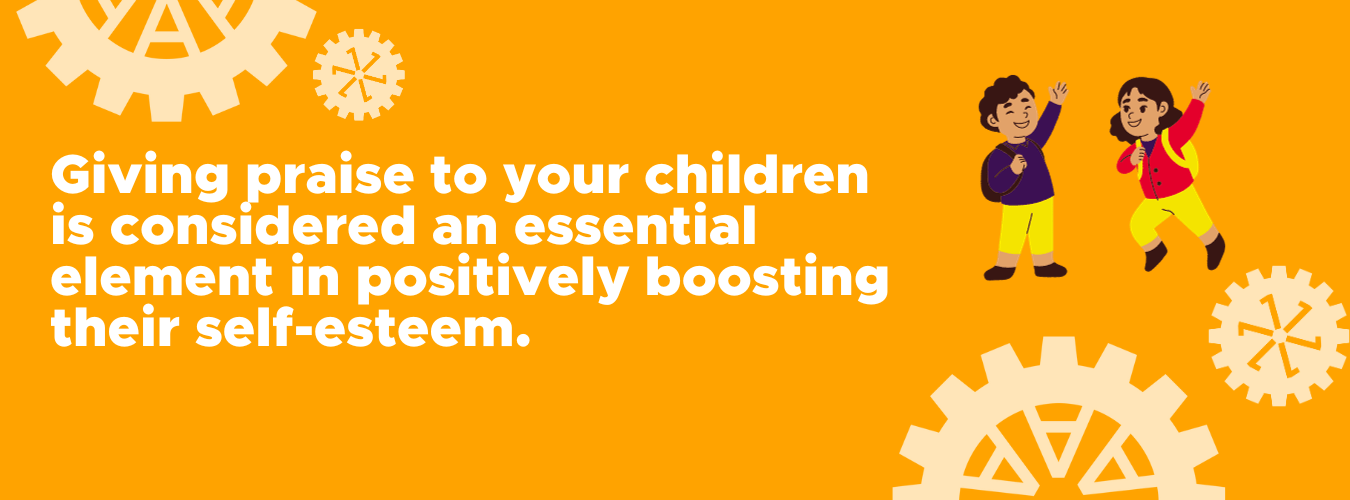Change your words, change your world

You might be familiar with this saying: "Frequent repetition of the belief that someone is unintelligent can lead them to internalise it." The language we employ, whether directed at others or within our thoughts, wields significant influence over our outlook.
In essence, mindset shapes our perception of the world and our role within it. A negative mindset casts the world in a harsh light, turning minor setbacks into major defeats and transforming new experiences into overwhelming obstacles. Efforts appear futile, and optimism wanes. Conversely, a positive mindset views mistakes as opportunities for growth, greets the new with enthusiasm, believes in the power of hard work, and sees the world as a vast and exciting place to explore.
Negative vs. Positive Mindset: A World of Difference
Observe the contrast in language when discussing negativity versus positivity. Transforming your mindset can be as simple as changing the language you employ. The words you choose, whether in self-talk or when communicating with your children, significantly shape your perspective, contributing to a joyful worldview.
Our mindset, essentially our mental stance, plays a pivotal role in shaping our approach to challenges and setbacks. A negative mindset magnifies the world's difficulties, rendering minor setbacks monumental and new experiences overwhelming. Conversely, a positive mindset allows us to perceive mistakes as chances for development, challenges as thrilling opportunities, and diligent effort as a route to achievement.

The Influence of Popular Culture: The Simpsons and Language
The power of language lies in its ability to shift a negative mindset towards a positive one. Through mindful word choice, whether in our inner dialogue or during conversations with others, we can cultivate a happier and more optimistic outlook on life. It's essential to recognise the profound impact of the words we commonly employ.
Consider, for example, the influence of popular culture like 'The Simpsons,' which introduced seemingly harmless phrases like 'duh.' While these might appear innocent, they contribute to a culture of belittlement and negative self-criticism. Such language, often disguised as humour, can seep into our daily interactions, shaping how we perceive ourselves and those around us.
This kind of language, when coupled with humour, might seem harmless and acceptable. Combining this sort of language with enjoyable humour has made it ‘okay’. However, this sort of language creates a negative mindset.
You can support your children in cultivating a positive mindset by guiding them to choose their words wisely. Here are some effective ways to transform common negative phrases children might use: Instead of saying ‘This is too hard,’ encourage them to say ‘This may take some time and effort.’ Replace ‘I made a mistake’ with ‘Mistakes help me improve.’ These straightforward phrases can be taught to your children and promoted for regular use.
Introduce the powerful word 'yet' into their vocabulary. When they say ‘I can’t do this,’ encourage them to add ‘yet.’ This simple addition shifts their perspective from a negative, despairing outlook to a positive, future-oriented mindset. Words hold immense power, as our brains internalise what we hear. Assist your children, as well as yourself, in adopting positive language that fosters a world where they feel content and, consequently, where they can thrive.

The Impact of Praise
Offering praise to your children is widely recognised as a crucial factor in enhancing their self-esteem positively. However, it's important to realise that your choice of words profoundly influences your mindset. Praising intelligence with statements like 'You're so smart' or 'You're good at this' can inadvertently set them up for failure, implying they lack intelligence when they make a mistake, leading to a negative mindset of 'I'm no good at this' and 'Why bother?'
Instead, when you acknowledge their effort by saying things like 'You deserve those good results after all the hard work you put in' and 'I'm proud of the way you stuck at that,' you reinforce language that fosters a positive mindset.
At NumberWorks'nWords, praise serves as a fundamental component of our students' success. We train our tutors to recognise these different forms of praise and use phrases that acknowledge and reward effort, contributing to a positive learning environment.

The Role of Parents: Nurturing a Positive Mindset in Children
It falls upon us, as parents, to nurture a positive mindset in our children. Teaching them to replace disheartening expressions like 'This is too hard' with empowering phrases such as 'This may take some time and effort' can bring about a significant transformation.
Encouraging the incorporation of the word 'yet' can turn a statement of despair like 'I can't do this' into an optimistic acknowledgment of potential growth. By appreciating their efforts rather than pigeonholing them as inherently 'smart' or 'talented,' we emphasise the importance of determination and persistence.
At NumberWorks'nWords, we recognise the importance of positive reinforcement. Our tutors are equipped with the skills to use language that recognises and celebrates effort, cultivating a growth mindset among our students. By applauding the commitment and tenacity demonstrated by our learners, we help them understand the worth of their hard work, laying the foundation for future achievements.
The impact of words on our thoughts, attitudes, and, ultimately, our futures is profound. By consciously choosing our language and promoting positive self-expression and interactions, we can shape a world in which people, especially children, feel empowered, self-assured, and equipped to conquer any obstacle.
Let's transform our language, and in turn, transform our world for the better. Together, let's foster a positive and supportive atmosphere where everyone has the opportunity to flourish.




